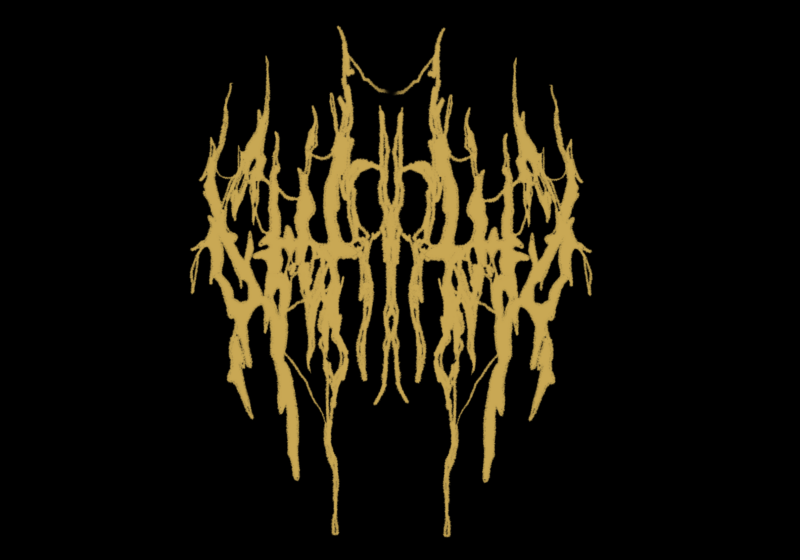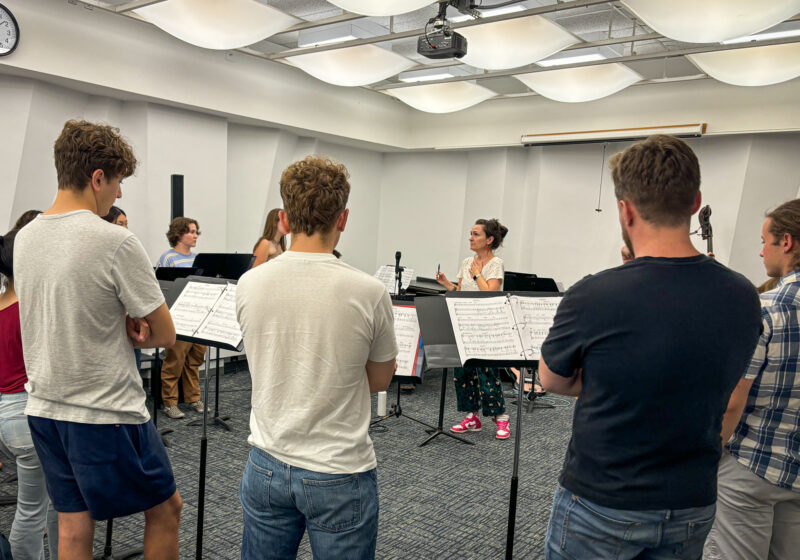In partnership with the American Library Association, the River Campus Libraries (RCL) are observing Banned Books Week from Sept. 27 to Oct. 3. Banned Books Week is an annual event that encourages people to celebrate their right to read. Classic works of literature such as “Lolita,” “Catch-22,” “The Great Gatsby” and “The Catcher in the Rye” have been subjected to censorship, challenged or outright banned, and their availability to the public has been limited by community members who viewed the books’ content as controversial. According to River Campus Humanities Outreach Librarian Mantra Roy, it is important that the University acknowledges these discriminated works of literature because “the banning of books is an attack on the freedom of expression and on the freedom to raise awareness of complex social and cultural issues that inform our lives.”
In celebration of our freedom to read, RCL will be hosting its Fourth Annual Read Out on Thursday, Oct. 1 from 3 to 4 p.m. in the Q&i area of Rush Rhees Library. University staff and students will be given the opportunity to read passages from their favorite banned or challenged books. In an interview, Roy touched on the significance of the Read Out, saying that “when the University participates in choosing historically banned books and reading passages from them as a community, we salute freedom of expression.”
Roy and the rest of the RCL staff hope that students participate in this event because “[they] learn that appreciating great ideas and great writing, irrespective of a few people’s resistance to the topics, is a reward of their college education.”





